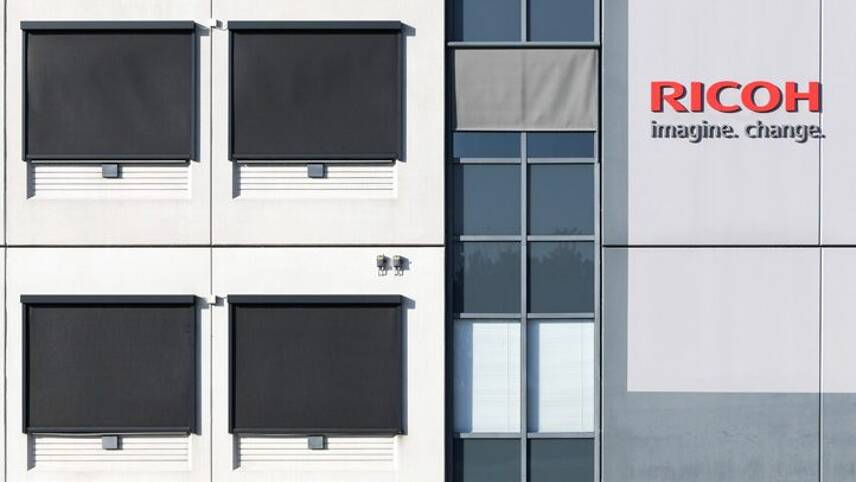Register for free and continue reading
Join our growing army of changemakers and get unlimited access to our premium content

Ricoh will prioritise the use of renewables to help decarbonise its operations and push towards the science-based targets
Ricoh had set a target in 2017 to cut emissions by 30% by 2030 from a 2015 baseline, a goal that was aligned to the Paris Agreement’s ambition to limit global heating to no more than 2C. The company has since updated these targets and will strive for a 63% reduction, which will see Ricoh reach a 30% reduction by 2022.
The revised plan has been approved by the SBTi and also features a commitment to cut Scope 3 emissions by 20% by 2030. In the long-term, Ricoh is aiming to become zero emissions across its entire value chain by 2050.
Ricoh’s president and chief executive Jake Yamashita said: “We have incorporated environmental, social, and governance (ESG) targets in the new mid-term management plan that we will roll out in April because we recognise that they are vital to materialising sustainable corporate growth.
“Companies and governments must urgently redouble their efforts to combat the increasingly dire consequences of climate change. Science tells us that action over the next 10 years will be particularly important, which is why we have overhauled our group goals for 2030. We aim to help decarbonise the worldwide economy by pursuing internal endeavours while at the same time motivating customers and business partners to do more in that respect.”
Renewables drive
Ricoh will prioritise the use of renewables to help decarbonise its operations and push towards the science-based targets. It was the first Japanese company to join the RE100 – the global initiative steered by the Climate Group to encourage companies to commit to sourcing 100% renewable energy. The company has pledged to develop more off-site renewable facilities and promote clean energy use across the Americas and Asia-Pacific region.
The Climate Group recently revealed that it had received more than double the number of corporate signatories first expected to its RE100 scheme, with the average target date for 100% renewables now standing at 2028.
Alongside renewables, Ricoh is also engaging on conservation projects for forestry – a critical aspect to capturing atmospheric emissions. In February, the Ricoh Japan Corporation launched a mangrove planting initiative that enabled customers to contribute to a planting initiative based on the value of their purchase. Ricoh is aiming to plant more than one million trees globally.
The setting of 1.5C science-based targets has risen in prominence since the publication of the Intergovernmental Panel on Climate Change’s (IPCC) Special Report, outlining the severe planetary impact of failing to limit global heating to 1.5C.
The IPCC Special Report document warns that the world is already 1C warmer than pre-industrial levels, and that an increase to 2C would significantly worsen the risks of drought, floods, extreme heat and poverty for hundreds of millions of people. The report predicts that if the world can become carbon-neutral by 2047, we will have a 66% chance of meeting the most ambitious end of the Paris Agreement pledge.
Matt Mace


Please login or Register to leave a comment.